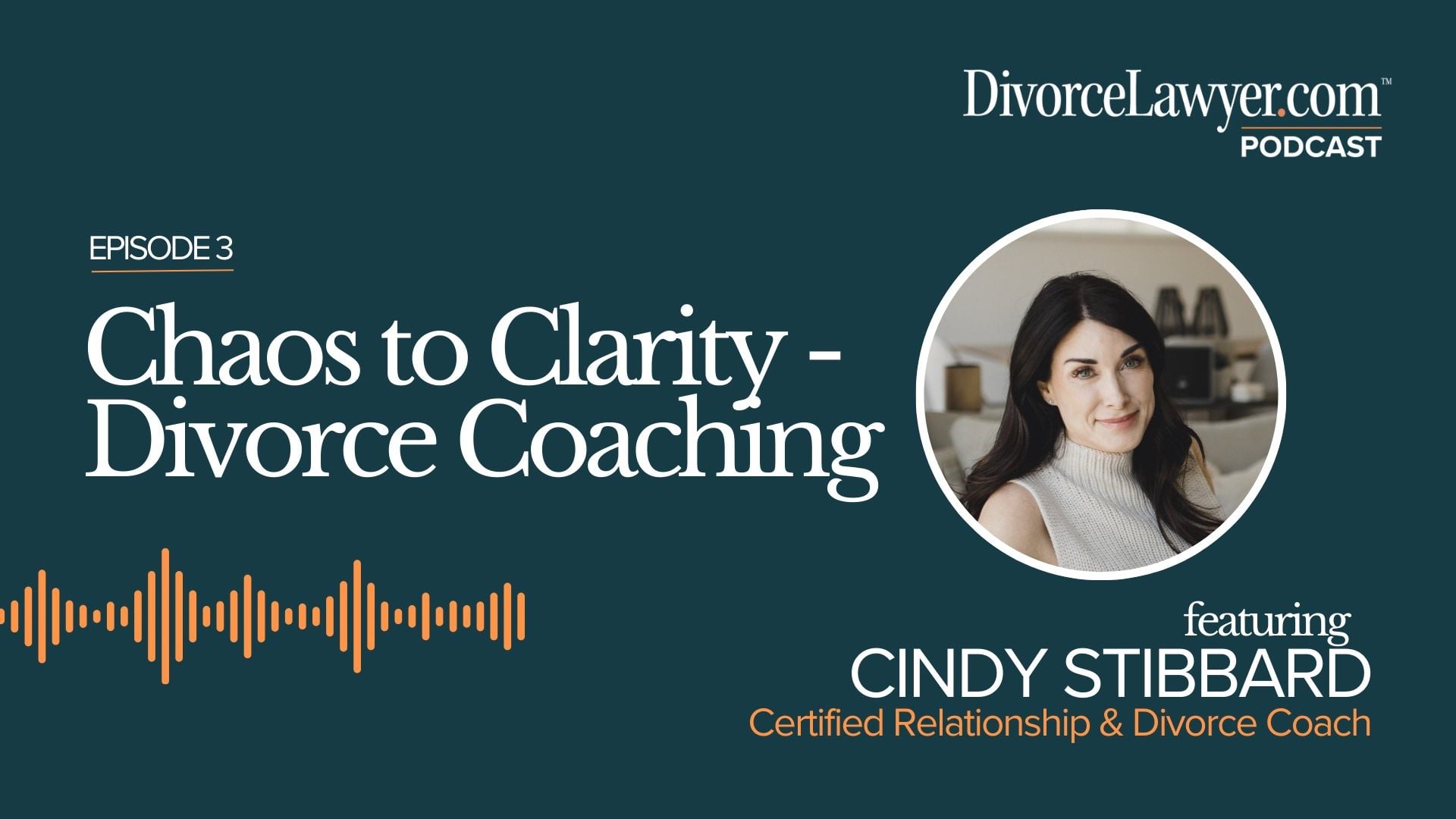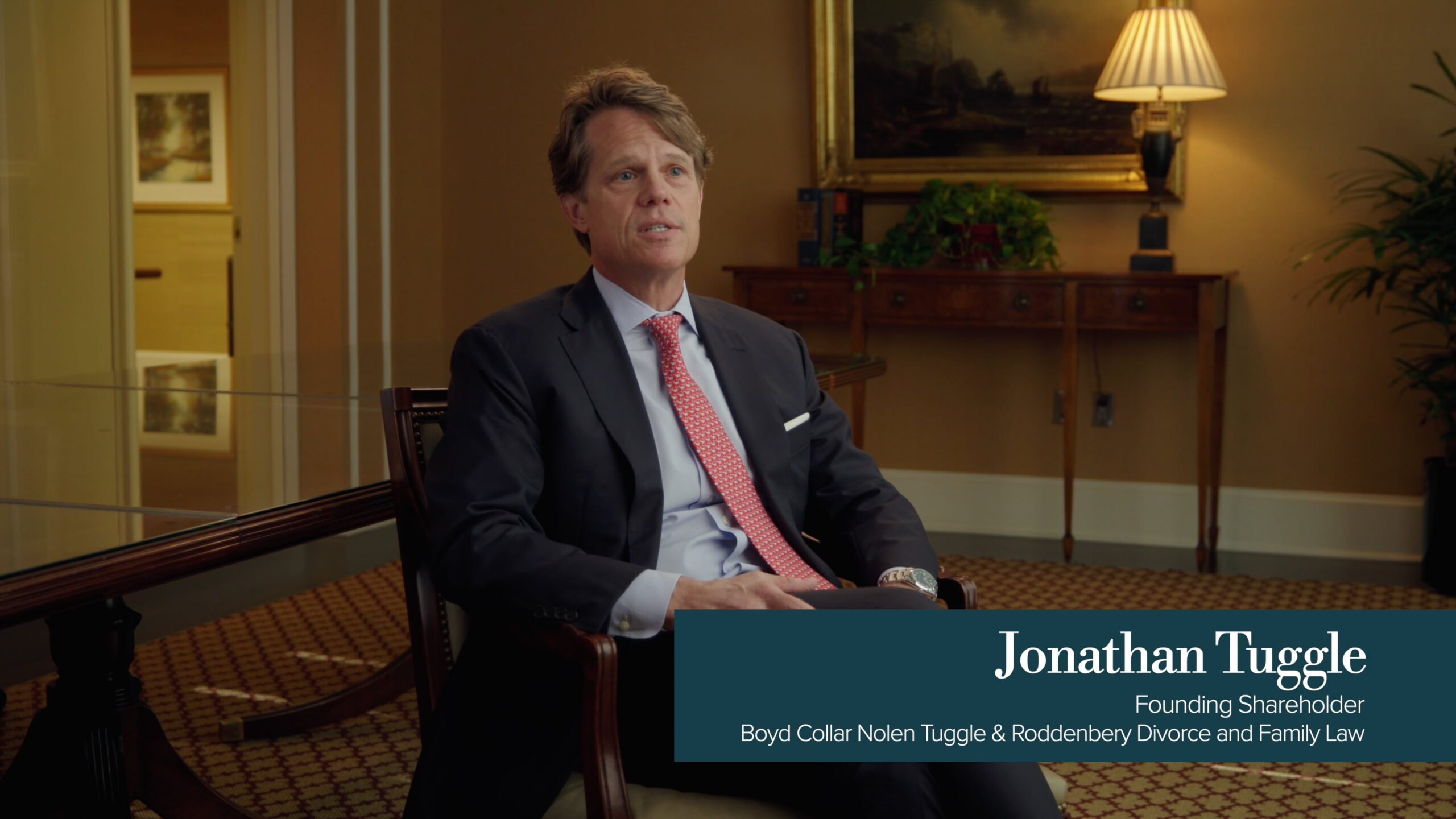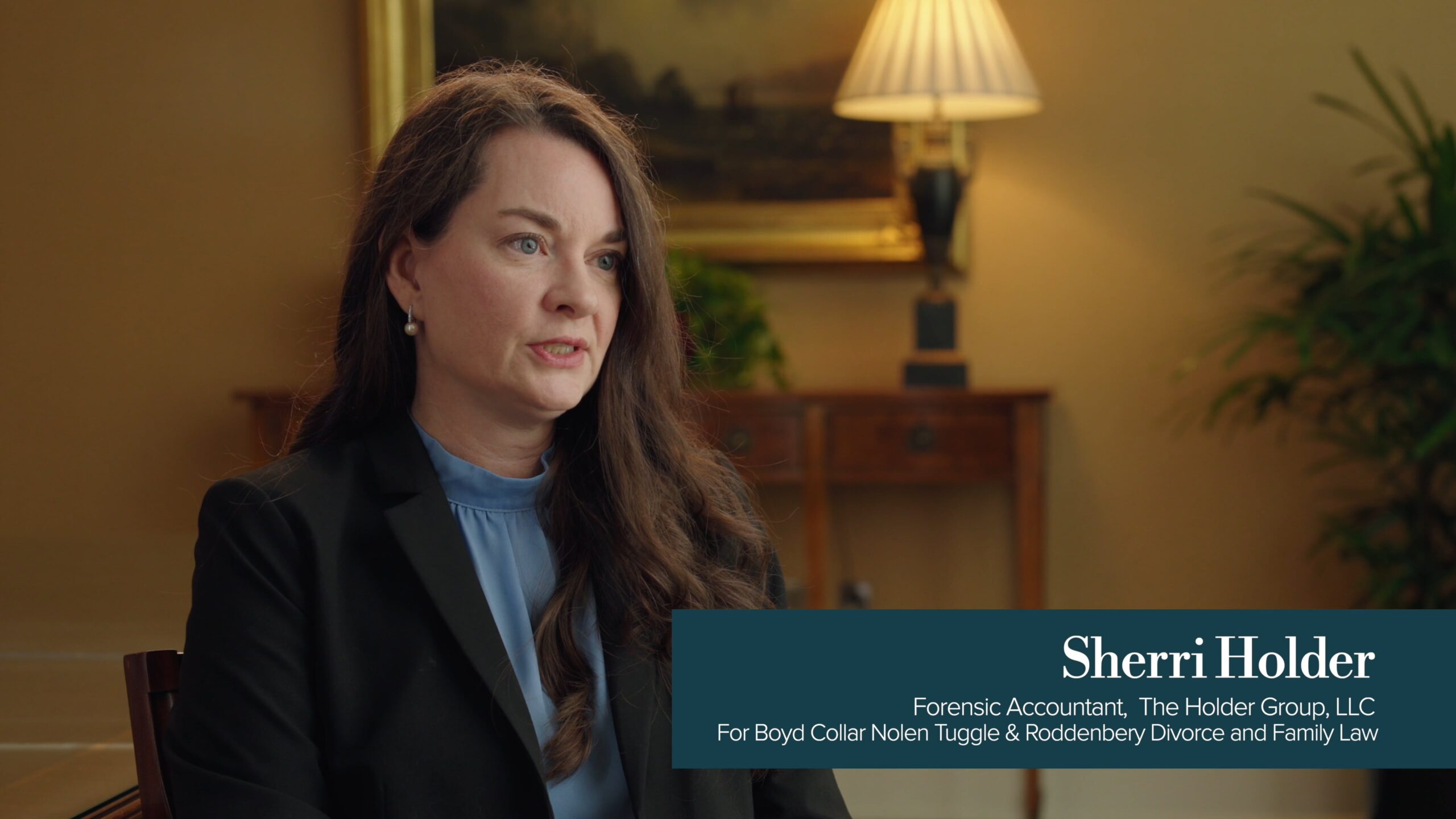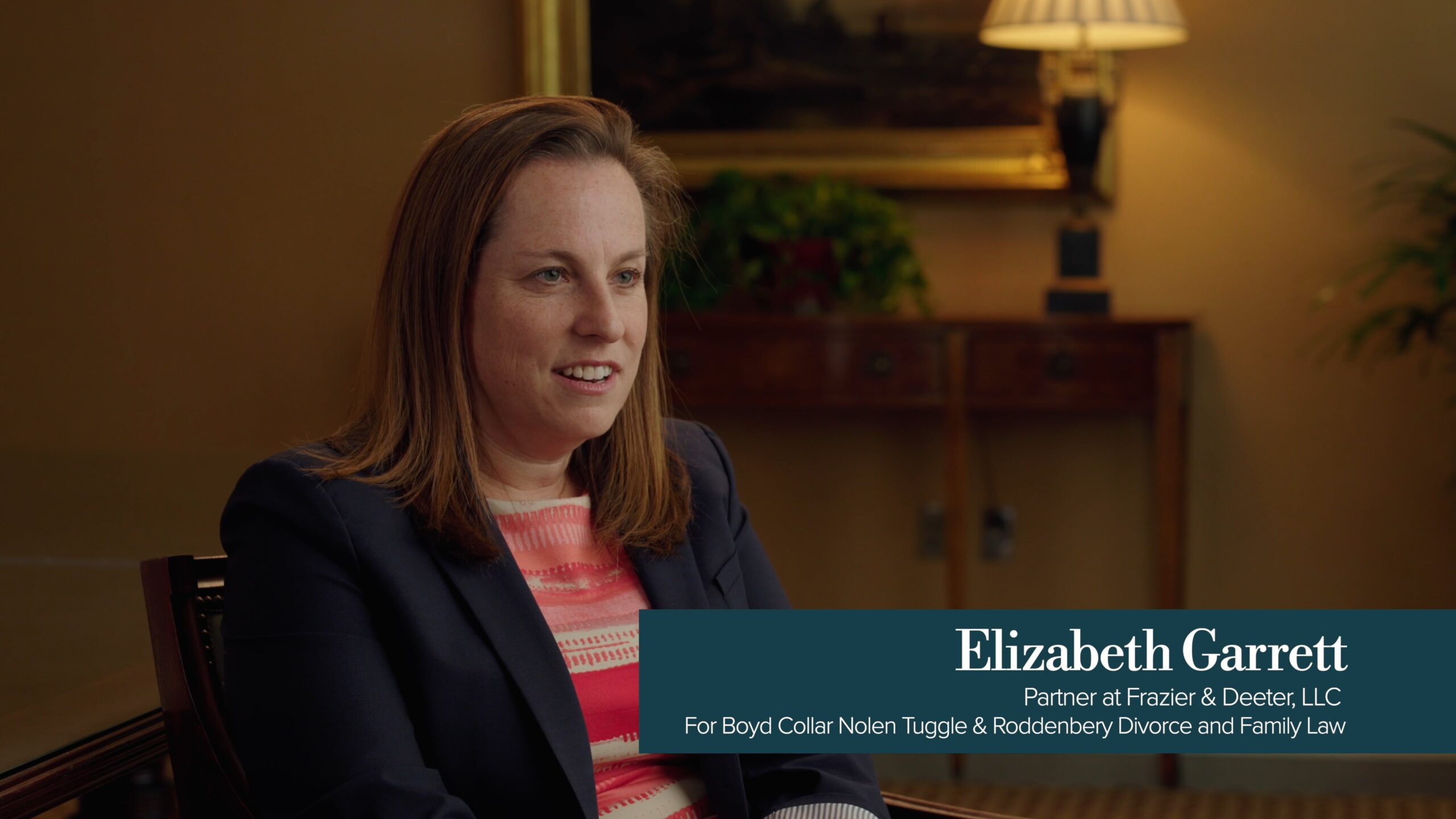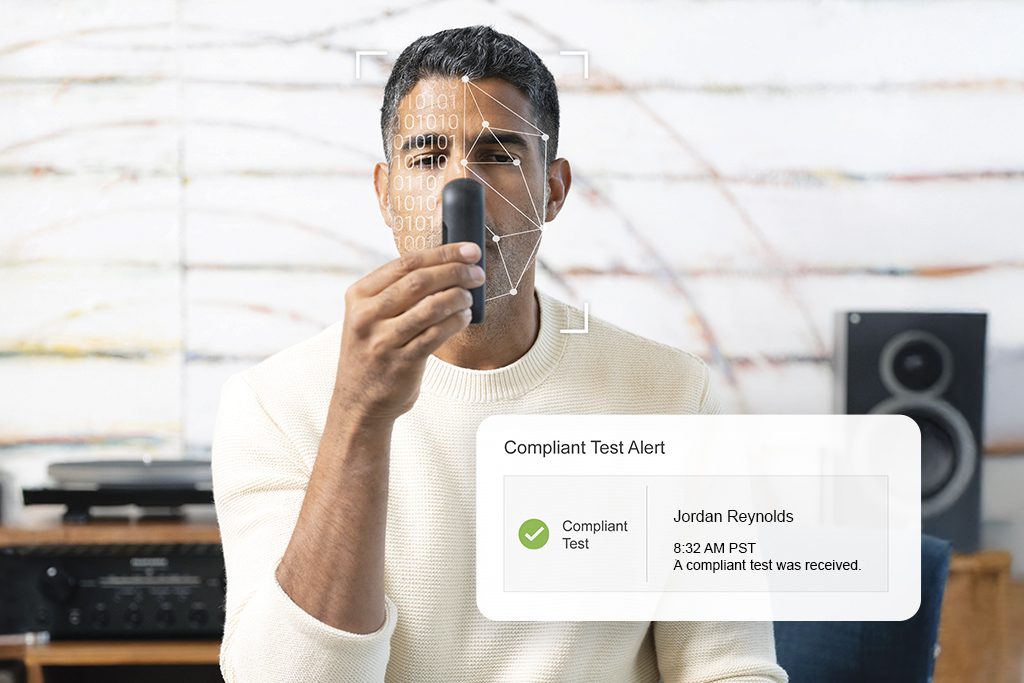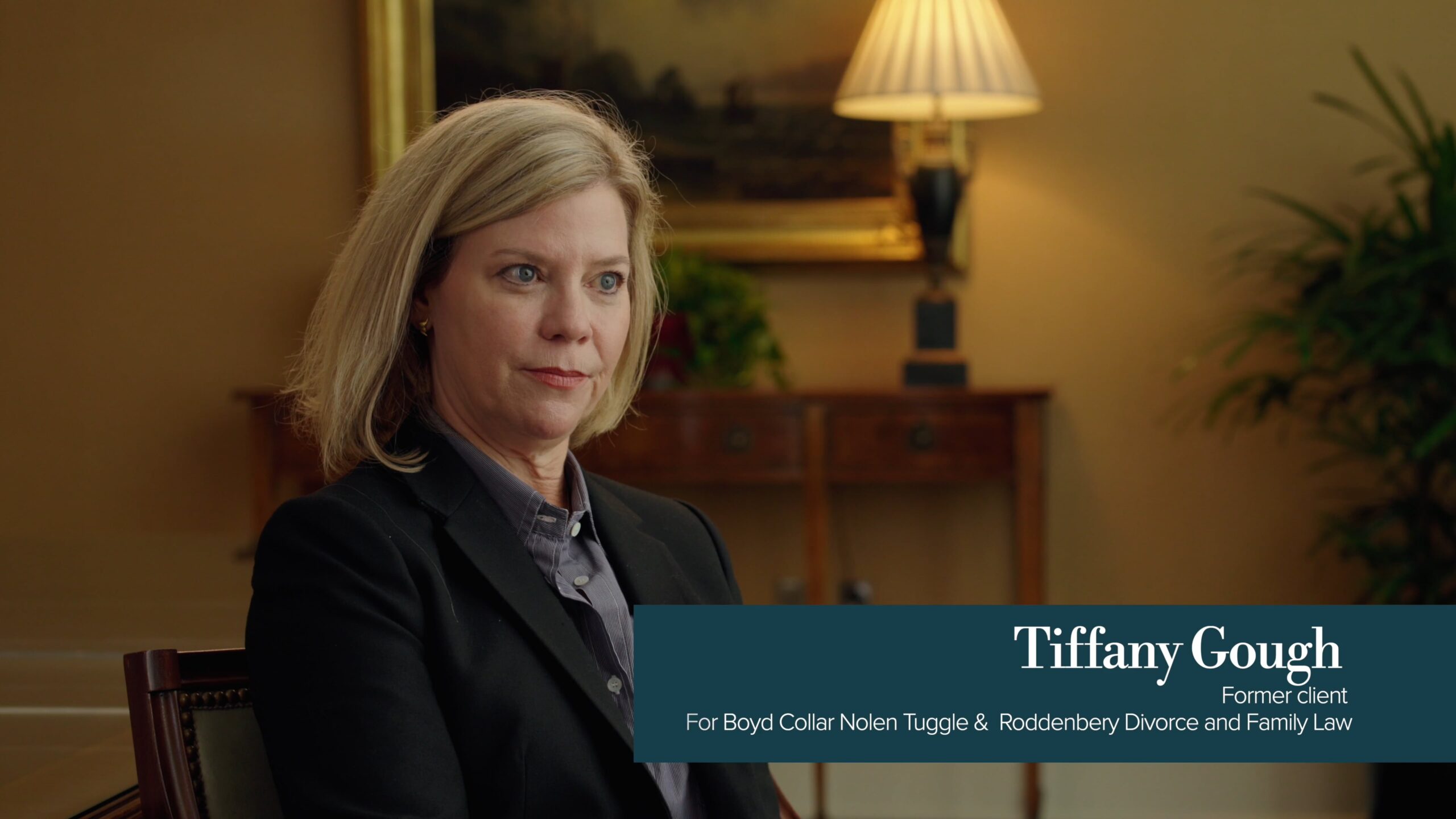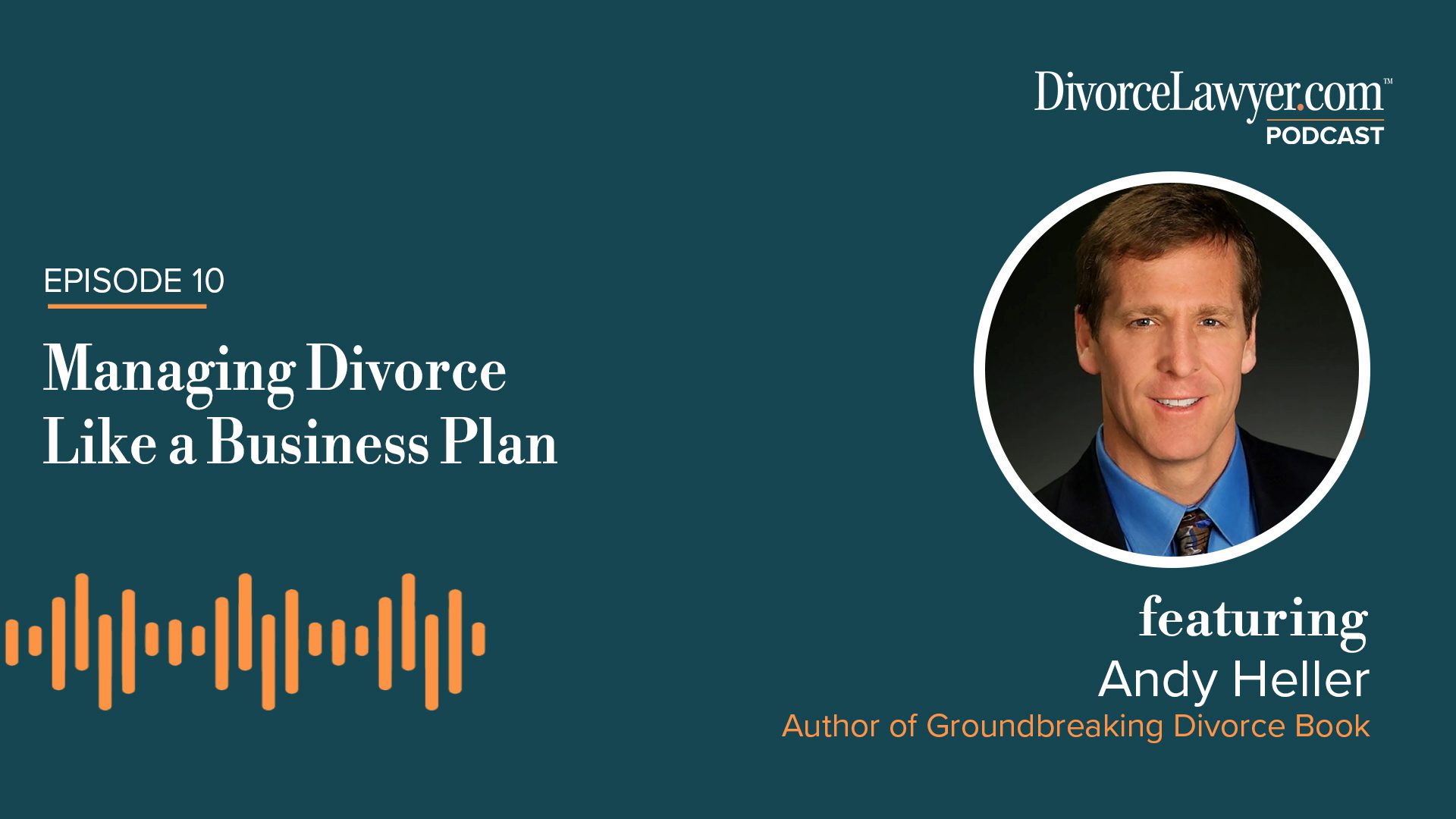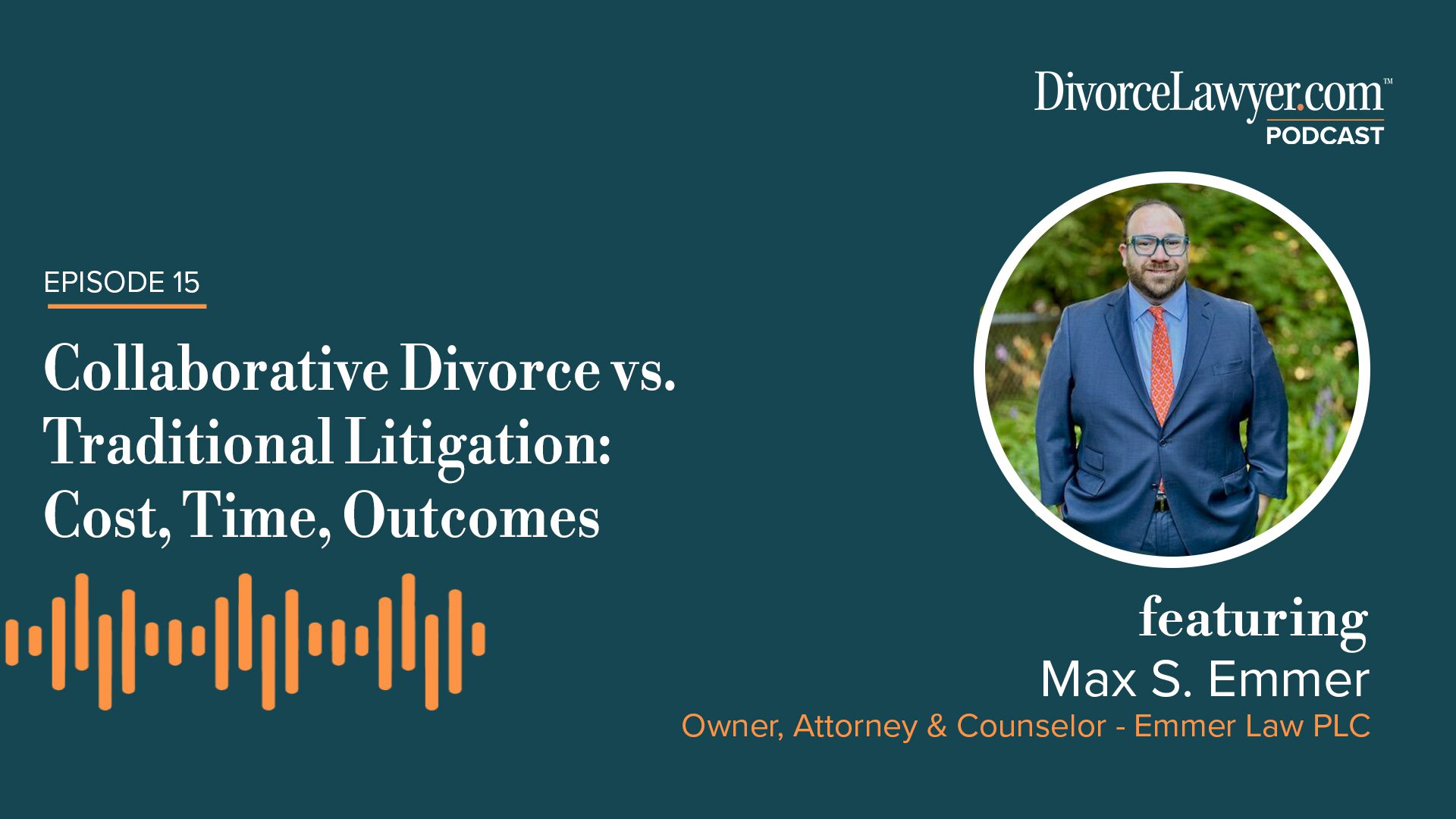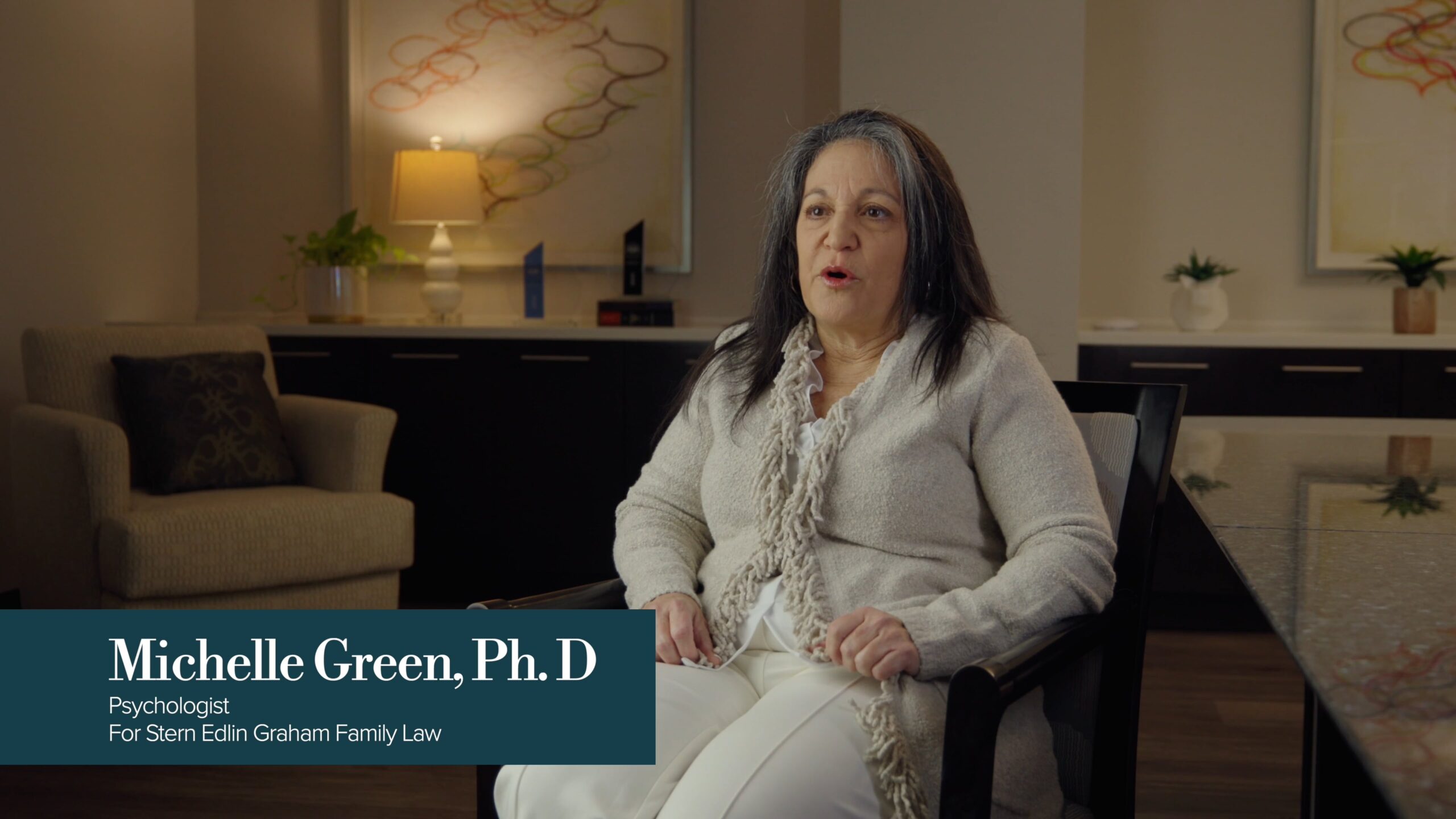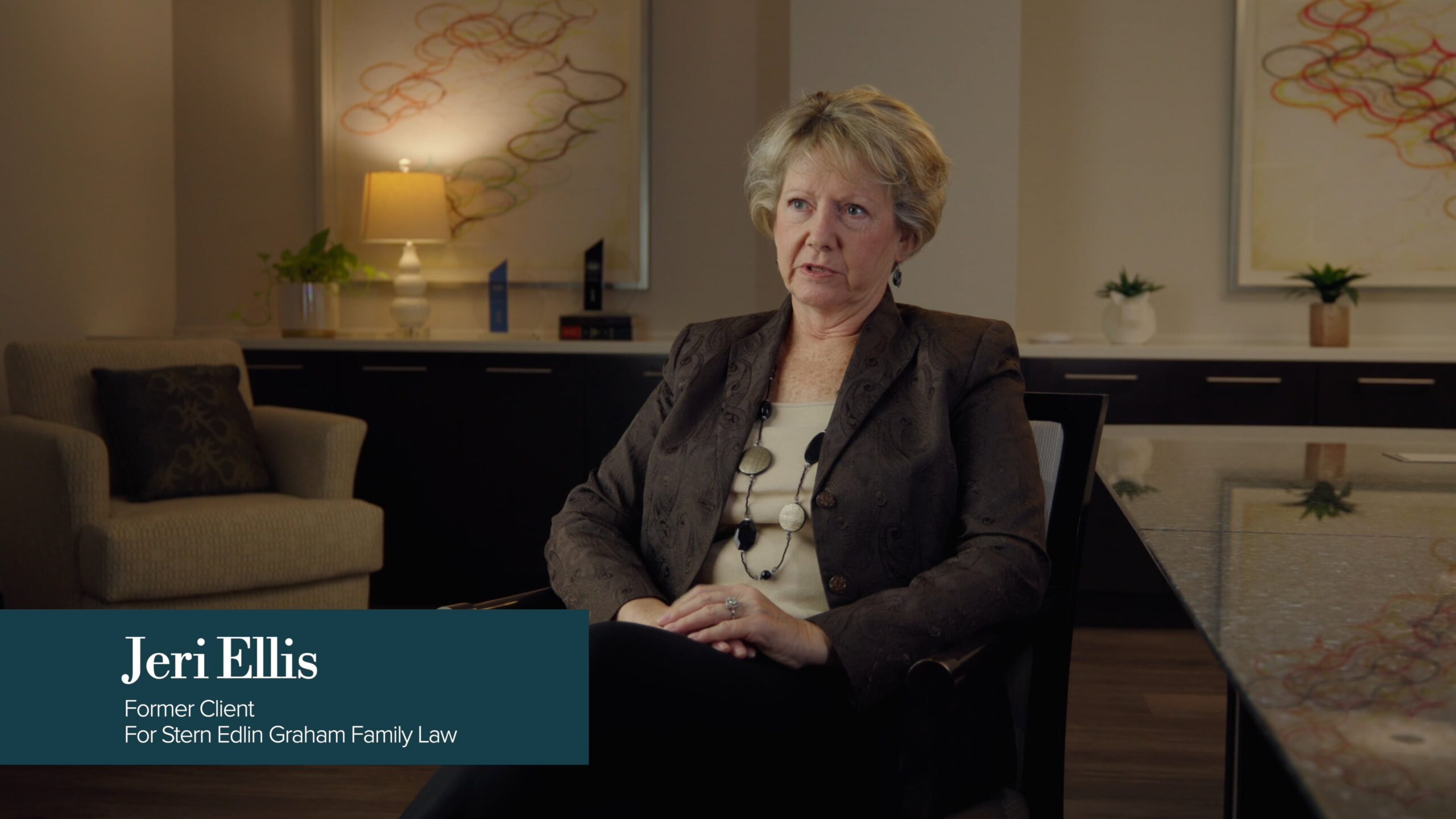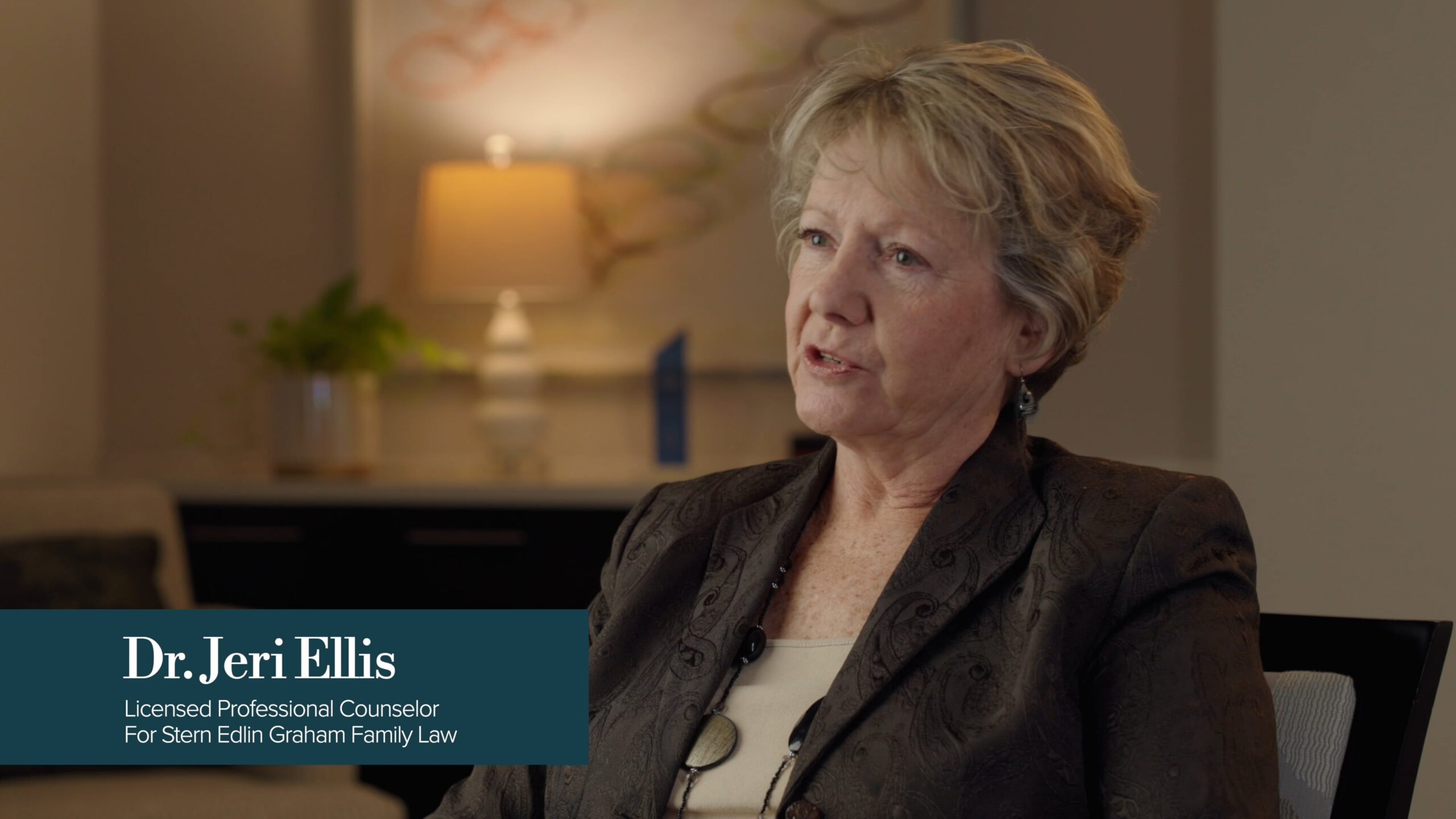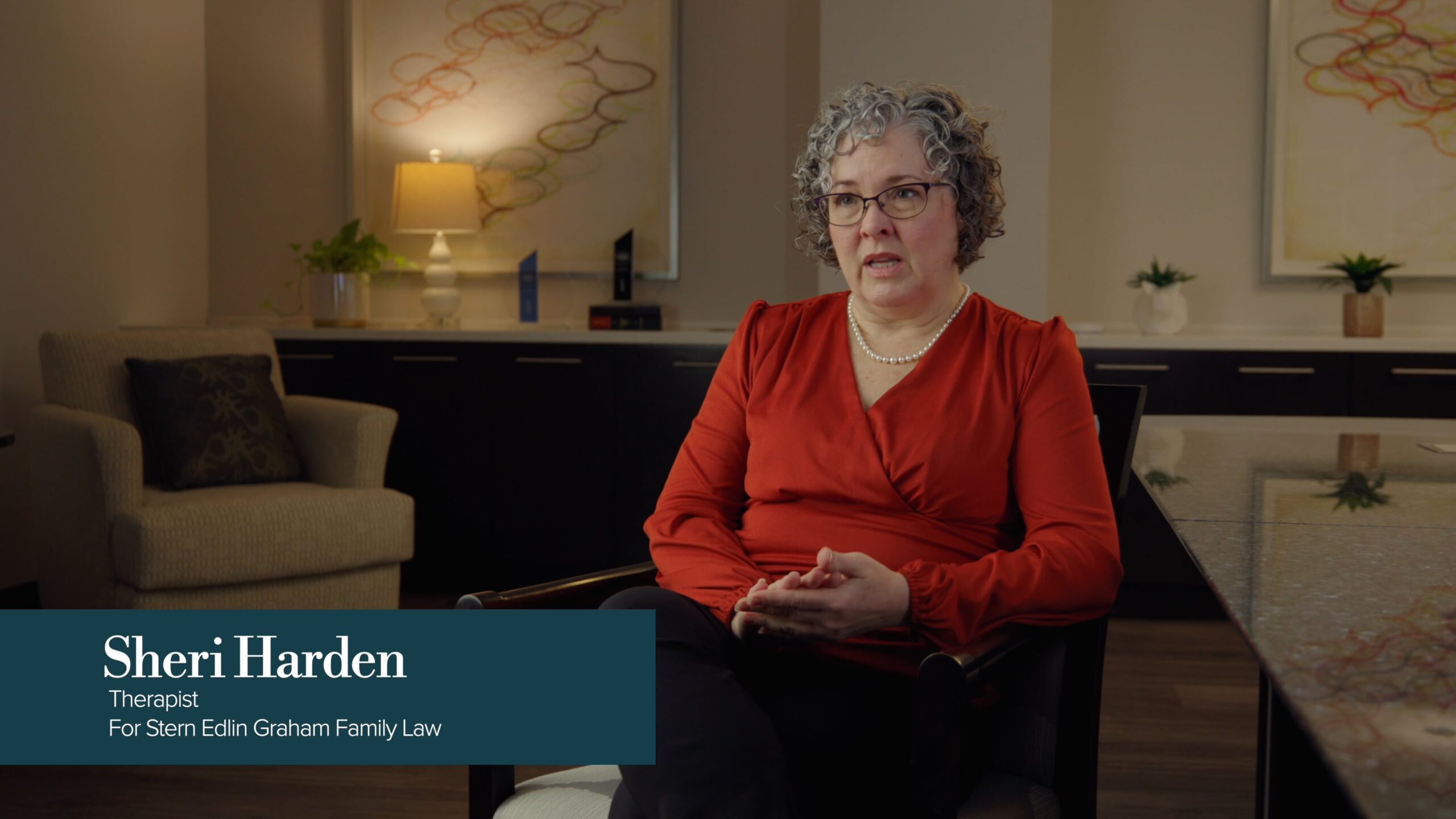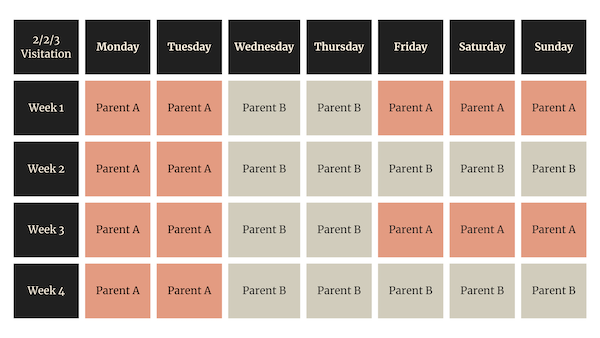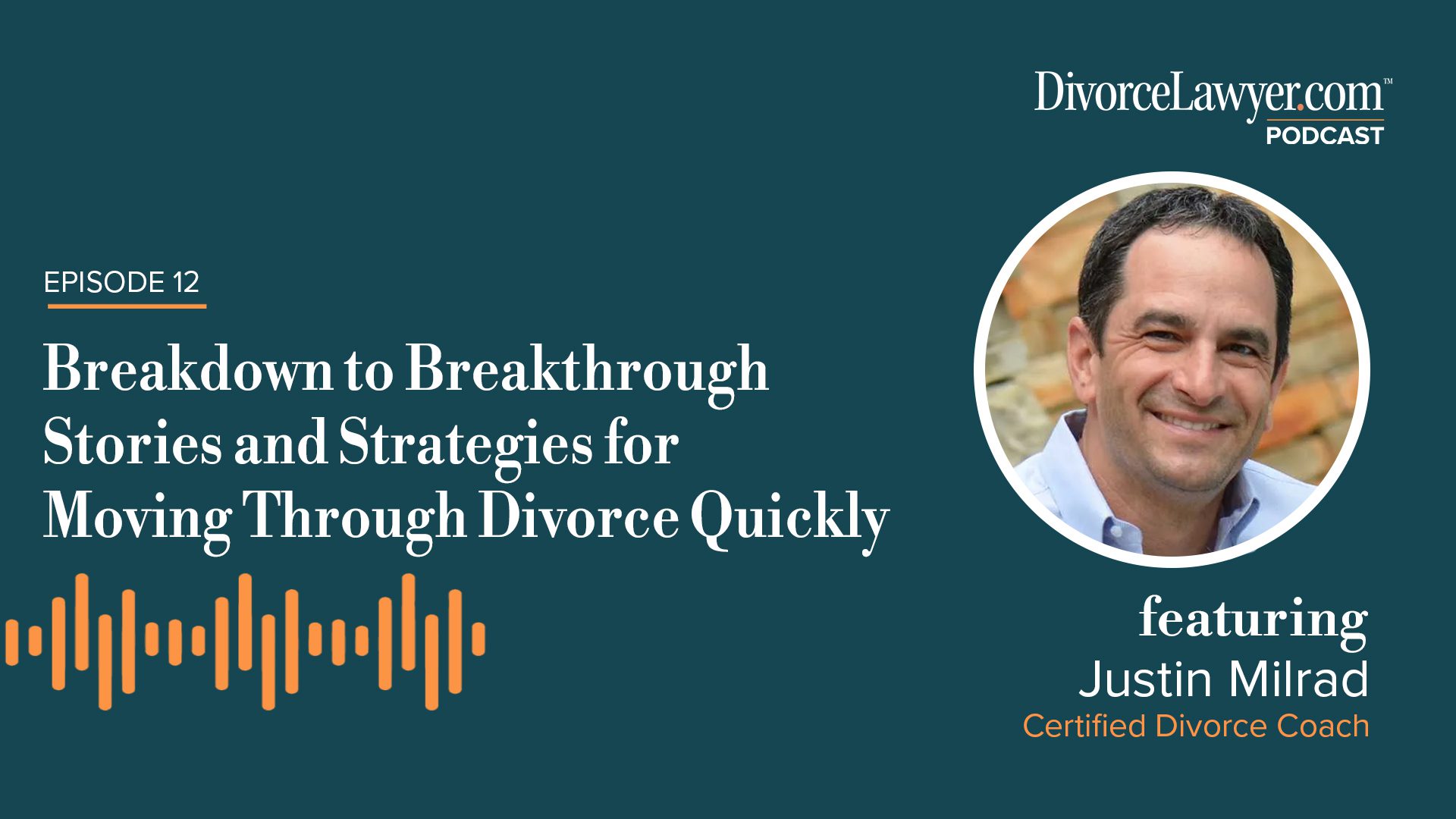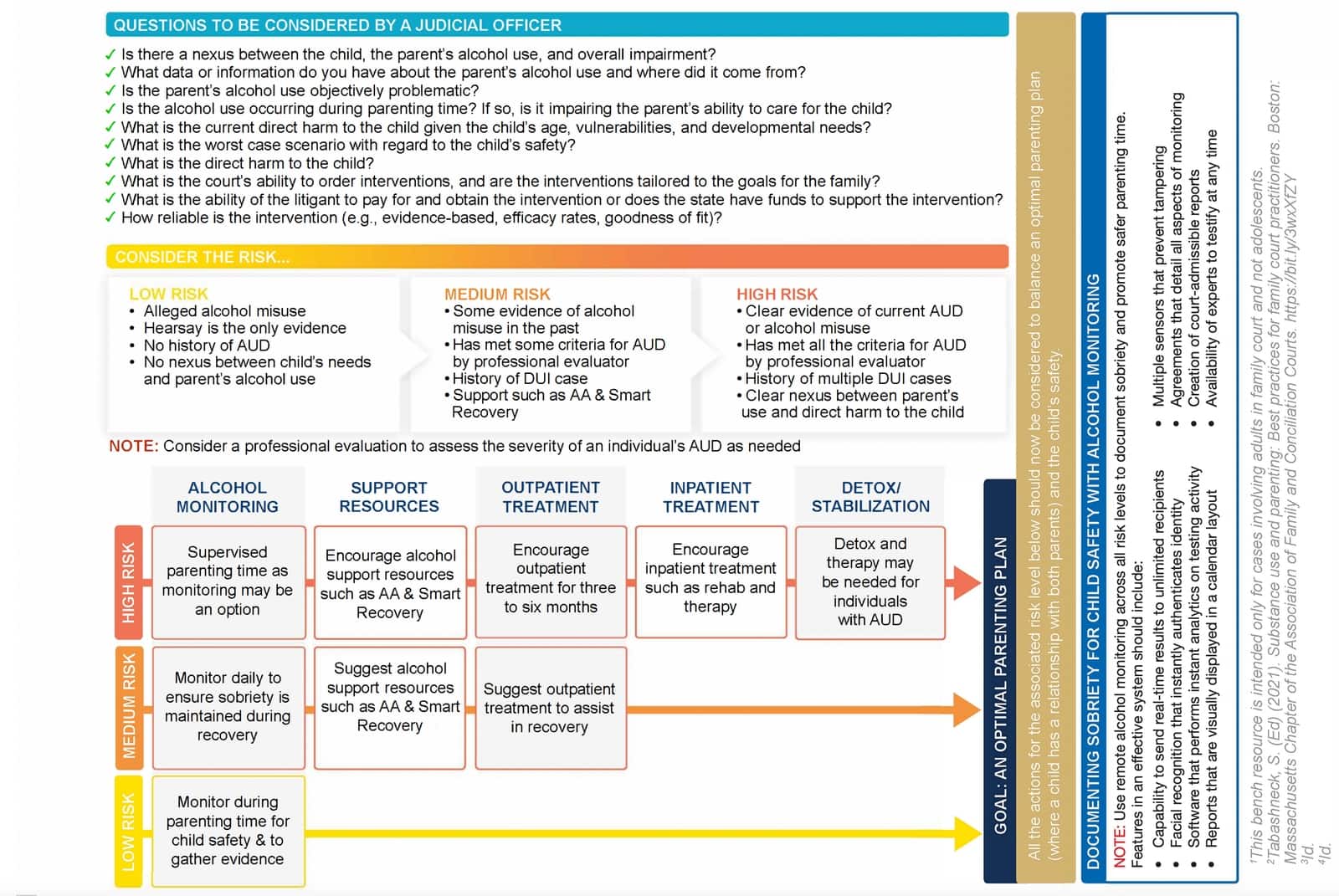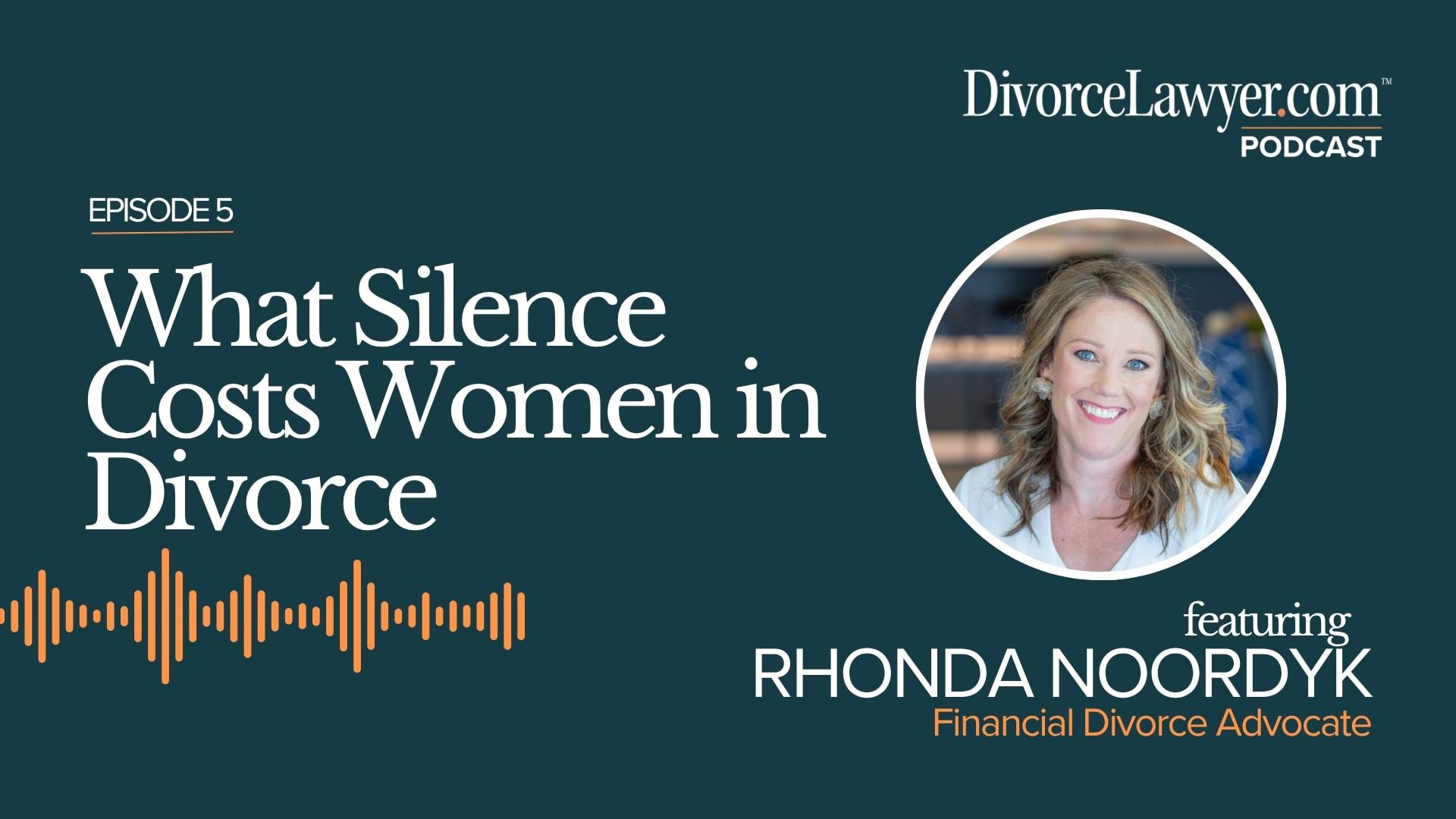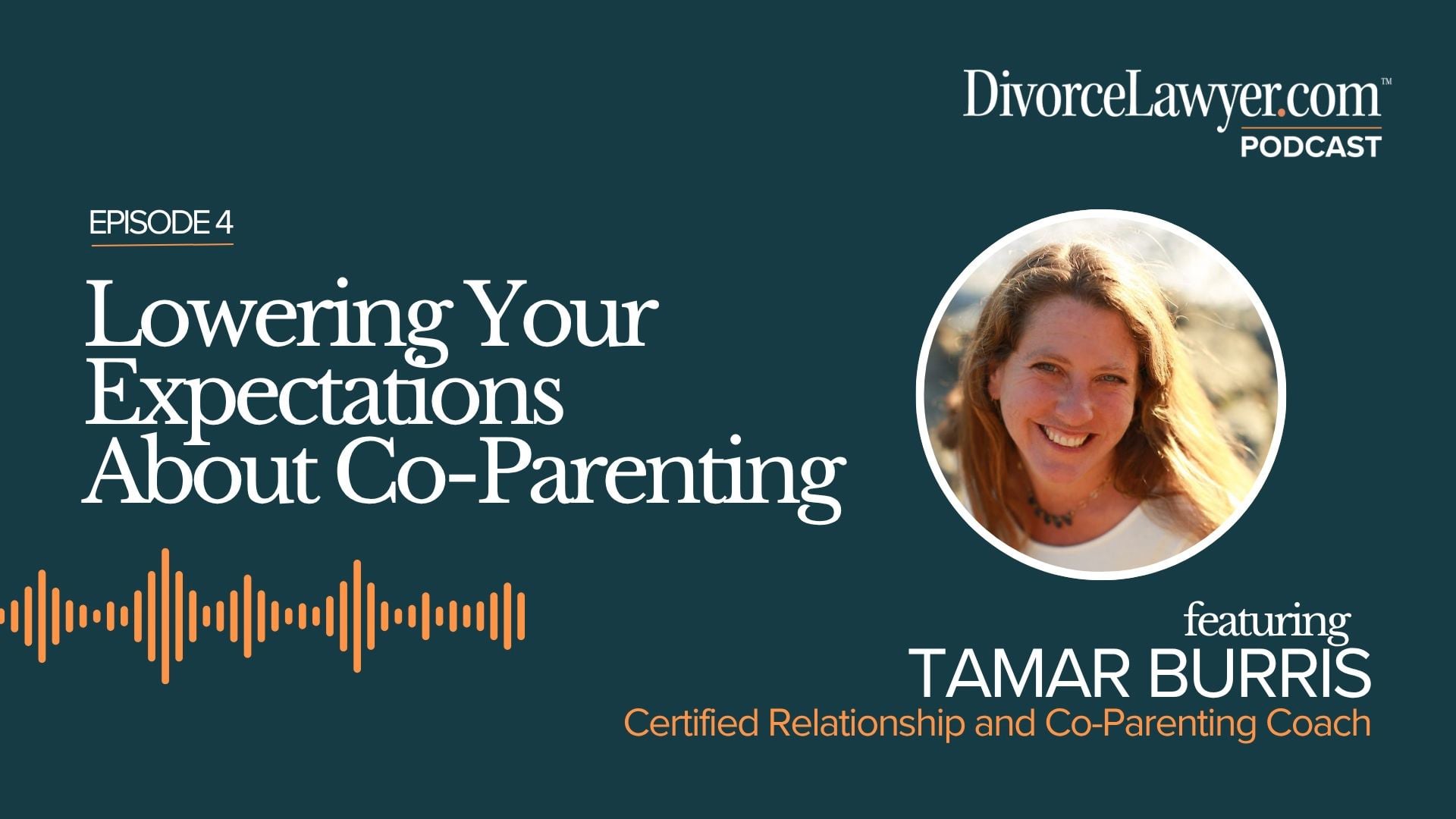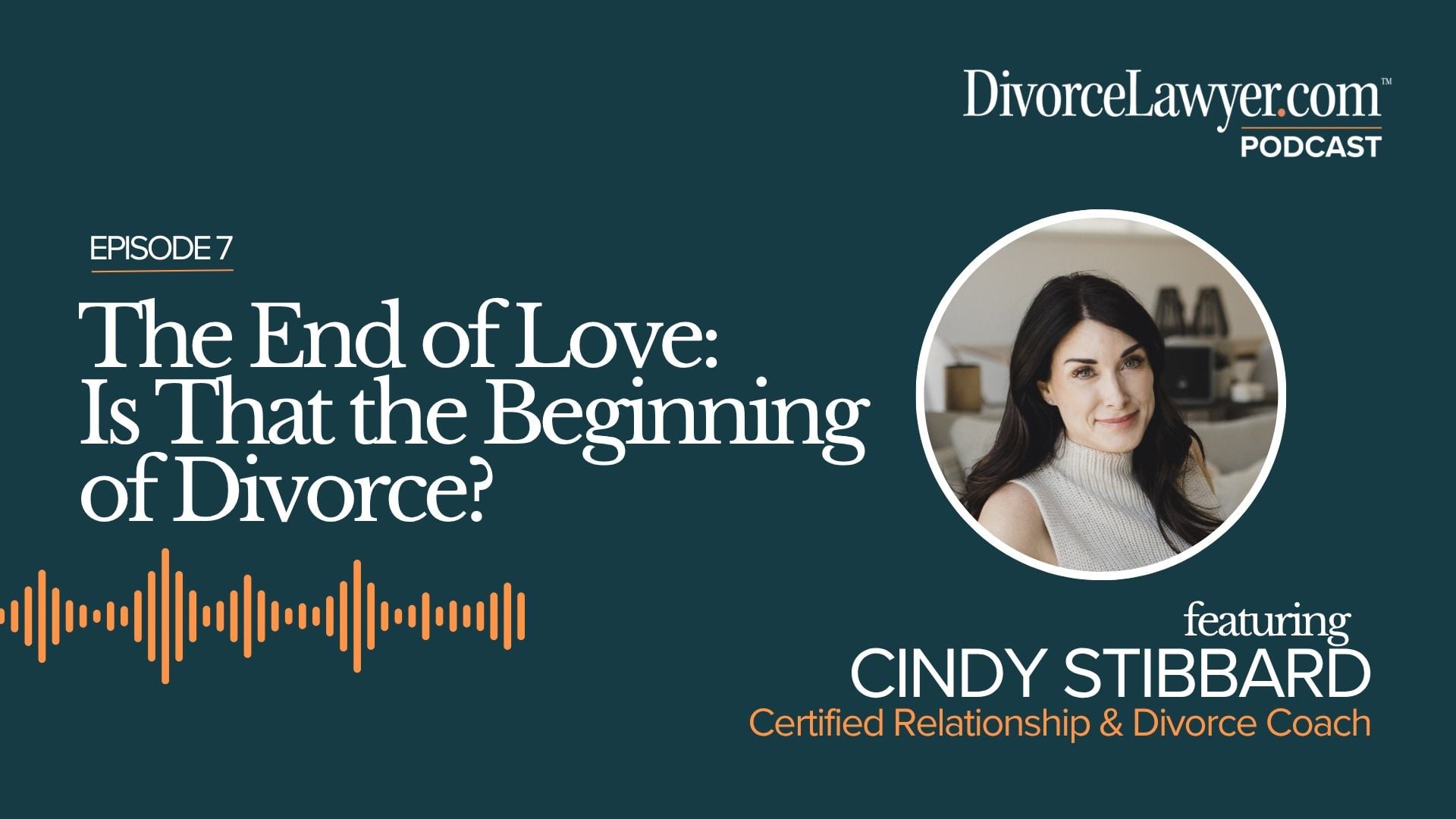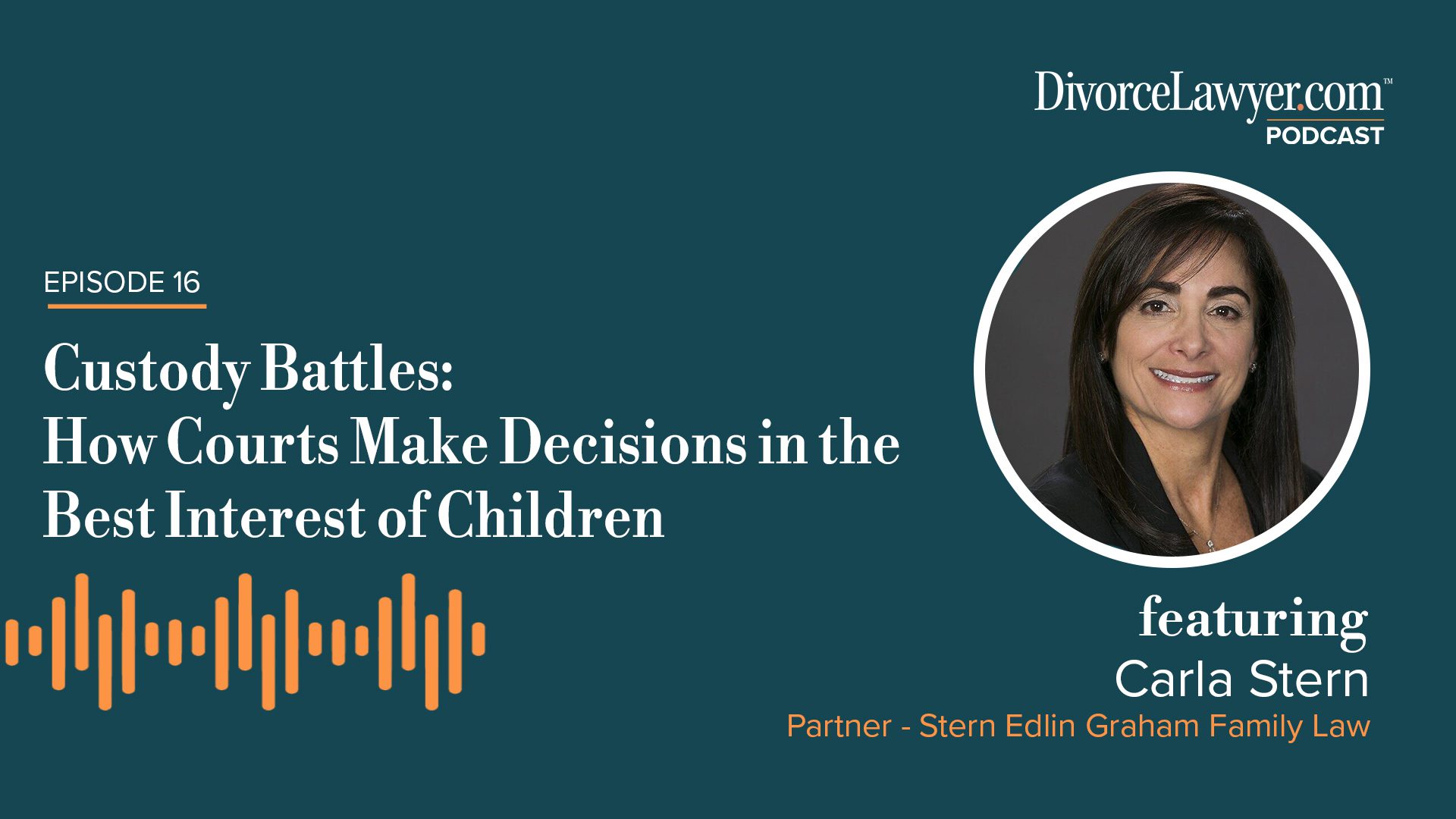Building on New Ground: Estate Planning After Divorce
By Abbey Flaum, J.D., LL.M. , HB Wealth
Divorce is more than a legal process; it is an emotional, financial, and deeply personal life transition after which so many of us look toward the future with equal parts hope and uncertainty. Many assume that because the legal proceedings are over, all business of divorce is wrapped up, but the judge’s signature on that final order ushers in the need to address other business: restructuring your estate plan.
- Your Old Plan May No Longer Work
- Why Timing Matters
- Where to Begin – Wills and Trusts, Powers of Attorney, Beneficiary Designations
- A New Chapter, A New Plan

Your Old Plan May No Longer Work
A surprisingly large amount of people never establish estate plans during marriage. Others have wills, trusts, and powers of attorney signed during marriage, but after divorce, it is generally safe to assume not only a change of intentions as to how the estate should be distributed, but also the effect of automatic legal changes to the function of existing estate documents. While, in many states, the law revokes provisions benefitting a former spouse once a divorce occurs, such revocation should not be relied upon as a substitute for a new estate plan.
True peace of mind comes when you have worked with your estate attorney, financial advisor, and other trusted professionals to ensure that you sign new, appropriate estate documents and that your account titles and your beneficiary designations are working in concert with such documents to properly direct your estate plan.
Why Timing Matters
Many people delay the estate planning process until they experience eye-opening events like the death of a loved one or the receipt of a grim diagnosis. Delay, however, may be costly. I once worked with a client, Elizabeth, who endured a horrible divorce after thirty-two years of marriage. Elizabeth did not have a financial advisor, attorney, or CPA working with her in the management of her financial life, and it never occurred to her to update her estate plan; she just assumed that if she were to be hit by the proverbial bus, everything she had would pass to her three adult children. A year after Elizabeth’s divorce was final, her mother died, and Elizabeth spent three years administering the estate. Once her mother’s estate was closed – four years after her divorce – she came to me to help her create a new estate plan, explaining that she did not want her estate to be difficult to carry out like her mother’s had been.
The documents Elizabeth signed while married looked OK upon first glance. Georgia, like many states, treats an ex-spouse as deceased for purposes of one’s will and powers of attorney once a divorce is final, so all references in Elizabeth’s will to her ex-husband were effectively voided, and the will would function to direct any assets in Elizabeth’s name at death to her children. There were, however, some issues. Elizabeth and her ex-husband chose successor executors together, so her successor was her ex-husband’s cousin. Her retirement account still listed her ex as the primary beneficiary, and beneficiary designations supersede the terms of a will. Her bank accounts listed her husband as a transfer-on-death beneficiary, also superseding the terms of her will. Finally, despite the fact that the divorce agreement allocated the house to Elizabeth, the deed to her home – which included her husband – had never been changed to remove him. Had Elizabeth died before addressing these issues, her ex-husband – not the children – would have inherited nearly everything.
These types of oversights happen far too often, and once someone is gone, it is generally too late to fix them.
Where to Begin
If you are divorced, now is the time to meet with your financial advisor and an estate planning attorney to address the creation of your new estate plan, with the following items as the initial items of focus:
- Will and/or Revocable Living Trust
These are the central documents that address how one’s assets pass upon death, who oversees the management of the assets, when it is appropriate to distribute funds from trusts, etc. Following divorce, it is advisable to ensure your will and revocable trust properly and accurately describe your wishes for the administration of your estate. At a minimum, it will likely be necessary to:- Ensure the distribution of your estate is described to reflect your goals.
- Select new executors and trustees (people or professionals you trust to administer your estate as planned and manage your affairs fairly and responsibly).
- If you have minor children, nominate a guardian in your will to be responsible for the care, safety, and support of your children in the event both you and your children’s other parent pass.
- Powers of Attorney
Financial powers of attorney allow you to designate individuals to handle your financial affairs if you are alive but mentally incapable of managing them yourself.A medical power of attorney, advance directive for healthcare, and living will – all of which may be separate or combined documents, depending on your estate – allow you to designate individuals to make health care decisions for you if you are unable to make them for yourself and to carry out your preferences regarding end-of-life care.If your ex is listed as the person who would make decisions for you in these documents, then you will likely feel that it is time for a change. Choose someone who understands your values and will act in your best interests. - Beneficiary Designations
Beneficiary designations are the knights of the estate planning chess board; if you do not pay attention to them, they will sneak up and foil your plans. As described in Elizabeth’s example above, your wills and revocable trusts do not control everything. Assets titled jointly with rights of survivorship or as tenants by the entirety pass directly to the joint owner upon death. Retirement accounts, life insurance policies, and payable-on-death accounts pass directly to the named beneficiary when you pass. In the case of both joint titling and beneficiary designations, the title or designation controls, no matter what your will provides. It is therefore imperative to review each asset carefully to ensure that it passes in a manner that is well coordinated with your wishes.
A New Chapter, A New Plan
Estate planning, while processing a major life shift from divorce, may be emotionally charged; however, taking control of your new life’s business is empowering. You may find that, after months of complying with legal requests, arranging parenting plans, and negotiating asset division, estate planning may be the first legal process that makes you feel like you are building something that is yours again. Find an estate planning attorney who listens, understands the nuances of post-divorce planning, and who works well with your financial advisor to ensure a seamless, coordinated plan that reflects your personal goals, values, and relationships.
Table of Contents
Stay in the Know
Discover Related Articles
Get Informed. Get Empowered
Read up on essential divorce topics to learn more about the process and all its different aspects.
Introductions, no pressure
Connect with a Top Divorce Attorney
in Columbus, OH
Go to Columbus, OH page
Are you in a different location? We can introduce you to the best family lawyers in your area











